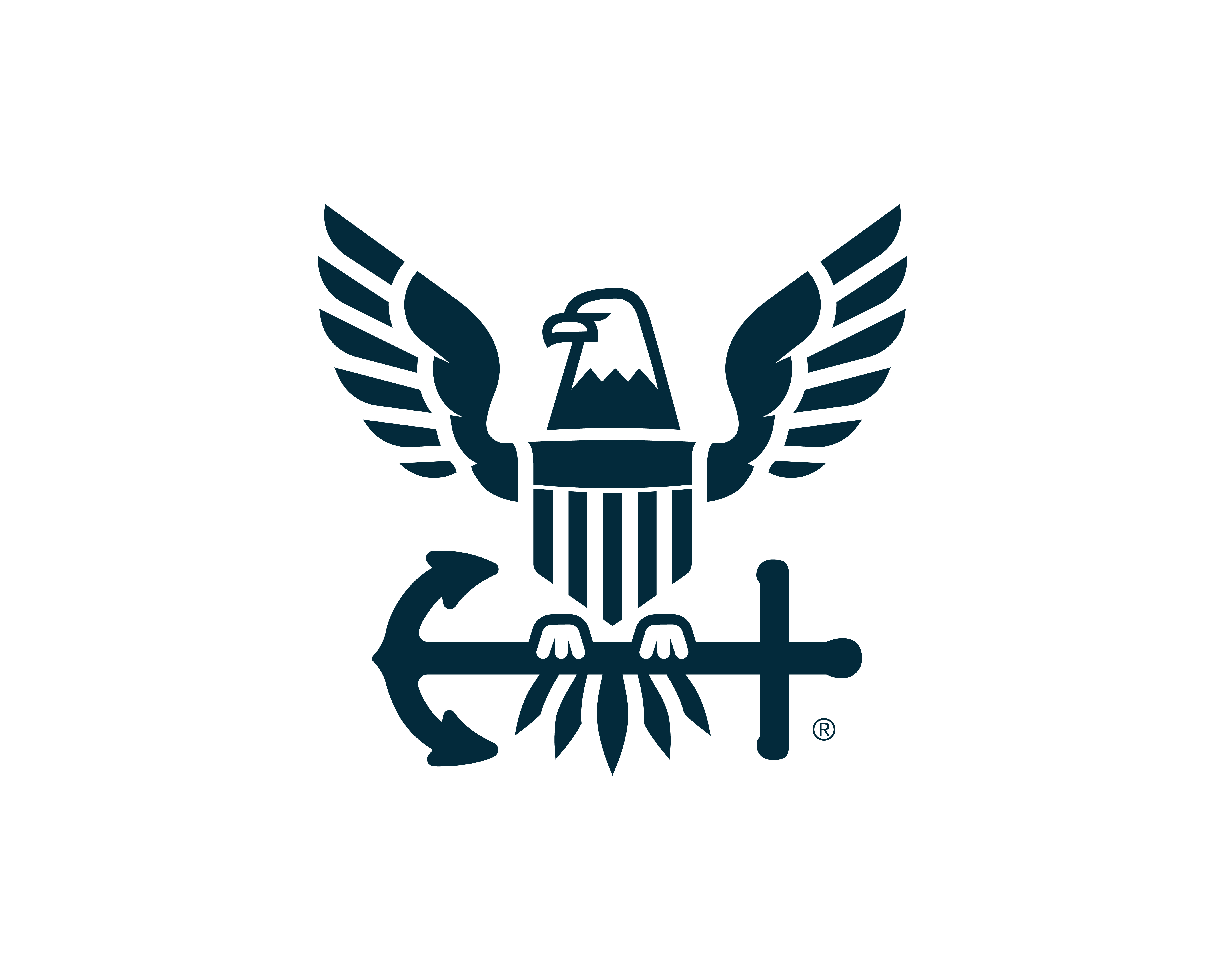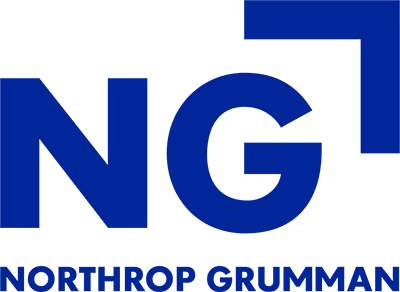Career fairs can be daunting, but you don’t have to look like a deer in headlights if you go in prepared with a plan. Sure, getting 528 emails about them can be annoying, but with a little help, you can be more like this after the fact:
Had a good time at the Career/Internship Fair @CarlsonUBCC. I’m excited to see the recruiters again soon once interview time rolls around!
— Matt (@MattyTheis) September 16, 2013
You’ve heard over and over that you can get a job or great contacts at career fairs, but did you know that you can also use them to broaden your career path? A career fair is a great opportunity to put faces and names to companies and get information that their websites don’t offer. Whether you are going in to find a job or want to explore a new industry, you will have a representative with a wealth of knowledge standing in front of you. The best way to make a career fair worth your while is to prepare and figure out what makes you unique to employers.
Why Are You Going? How Can You Prepare?
First things first. Go into the career fair with a strong sense of what you want to get out of it. Do you want to learn more about an industry or company you’re interested in? Do you want to discuss a job you saw on a company’s website? Research the companies you might be interested in using their website, our Campus Hubs pages, and social media sites (LinkedIn, Facebook, Twitter). Social media platforms on which the company is active are especially useful because they will notice your interaction and might even respond. If applicable, you should be following each company’s career handle and your school’s career center on Twitter. Tweet that you’re excited to speak with them and try to get your foot in the door before you even arrive. They’re already reaching out to you:
We’re at @Penn_State for Engineering Networking Night (9/17) & Internship & Co-Op Fair (9/18). See what a Ball career could do for you!
— Ball Aerospace (@BallAerospace) September 16, 2013
Some schools use specific hashtags to promote the career fair and facilitate discussion. If your college has one use it to tweet at companies so they will know where to expect you. Interacting with companies on social media also gives you something to talk about once you reach their table.
List the Companies You Want to Talk to
Make a list of the companies you’d like to visit and comb their various websites to see if they have any positions available that you’re interested in. Know a few facts and recent work the company has done so that you can ask great questions that allow you to inquire about the company on a more substantial level. Since the representative has extensive knowledge about the company, you can ask about the company culture, or ask for background information about a project they did that you really liked. Also think about what questions recruiters might ask and come up with answers that make you stand out.
Get Your Resume Ready and Come out of Your Shell
Next you need to have your resume in tip top shape because you’ll be giving it out to human resources representatives. Print a few more copies than companies you plan to talk to so that you aren’t caught empty handed. You can also make business cards to hand out.
An elevator pitch is a way to plan what you want to tell employers without leaving anything out. Your pitch is a 30 second explanation of who you are, what you are studying (or studied), when you will graduate (or graduated), what experience you have in the industry (or why you’re interested in getting experience in the field), and why you would be the perfect fit for the company or position. It should be brief, clear, and informative. You should tailor it to the company that you’re talking to and any specific job that you’re interested in there. Once you’ve written it: practice, practice, practice. You have to convince yourself in the mirror, convince your career advisor, and, after enough practice, convince a recruiter.
Beyond your 30 second pitch, you should also explain what distinguishes you as a candidate. Many people can have nearly identical pitches, therefore you need to give recruiters a reason to remember you. Do you have expertise in a program that is central to what they do? Have you interned at a company where the CEO used to work? They speak to hundreds of people at career fairs and explaining why you’re unique will make them more likely to keep in touch with you and you could even gain them as a contact.
Dress to Impress
The night before, plan out a professional outfit (hairstyle, accessories, makeup) that makes you feel comfortable and confident. A suit or other conservative outfit is generally most appropriate, but there are many different types of career fairs. Knowing the industry you’re interested in and its norms are important to seeming like a good fit to representatives. Make sure that you have a nice briefcase, binder, or folder to hold your resumes and collect informational materials.
At the Career Fair
When you arrive at the career fair, refer to your list of companies, have your resumes and business cards handy, and talk to as many representatives as you can at the companies you’ve chosen. You will get a lot of informational materials, but business cards and email addresses are the most important things you can get. You should ask for them if they aren’t initially given to you in order to follow-up effectively.
Follow-Up
After you’ve talked to all the companies on your list and have gone home, compile the business cards and email addresses you’ve gotten. Following-up with the recruiters you spoke with will keep you fresh in their minds. You should do this no later than one week after the fair, because you don’t want to be forgotten after all of the effort you’ve put in. In your email remind them of who you are, what school you go to, and at which career fair you met. If you found out about certain internship or job openings, apply as soon as possible and also let the recruiter know so that you don’t get lost in the flood of applicants.






